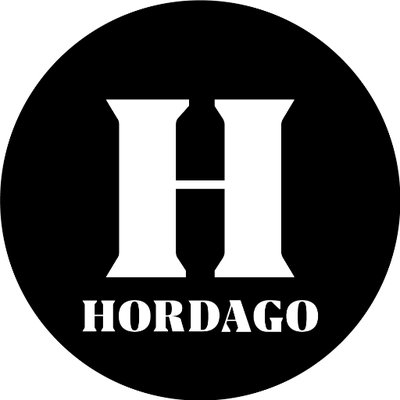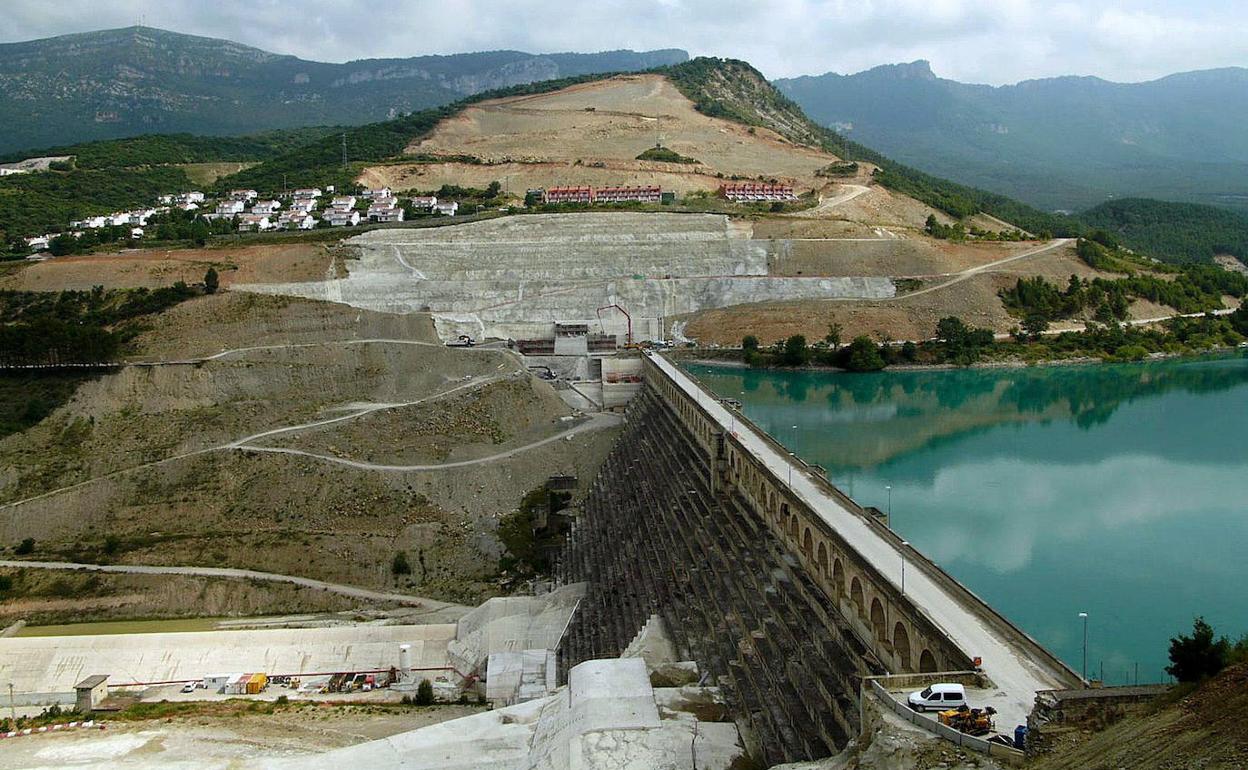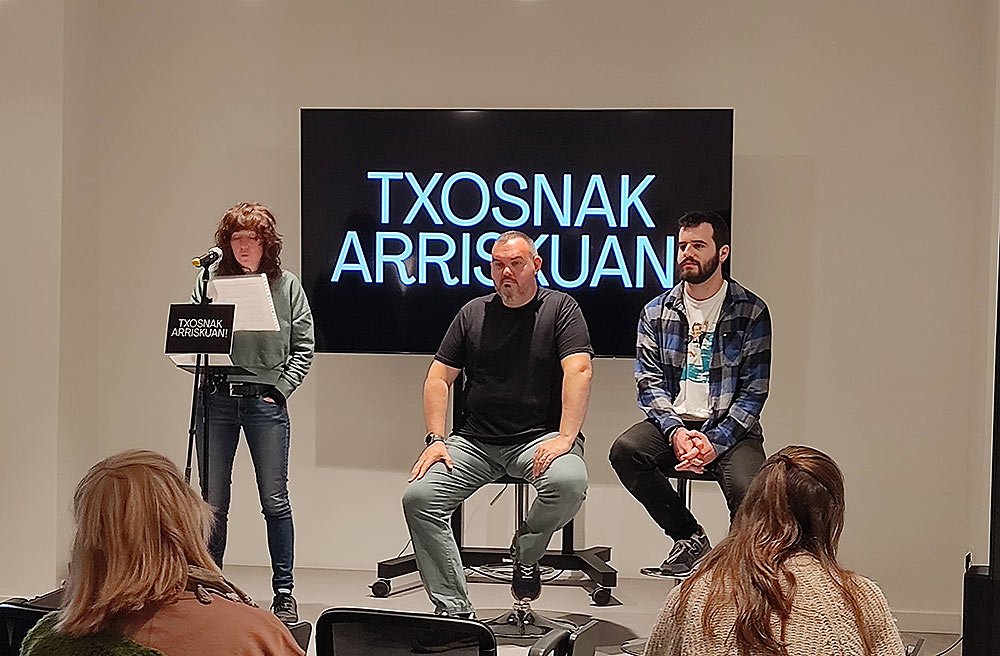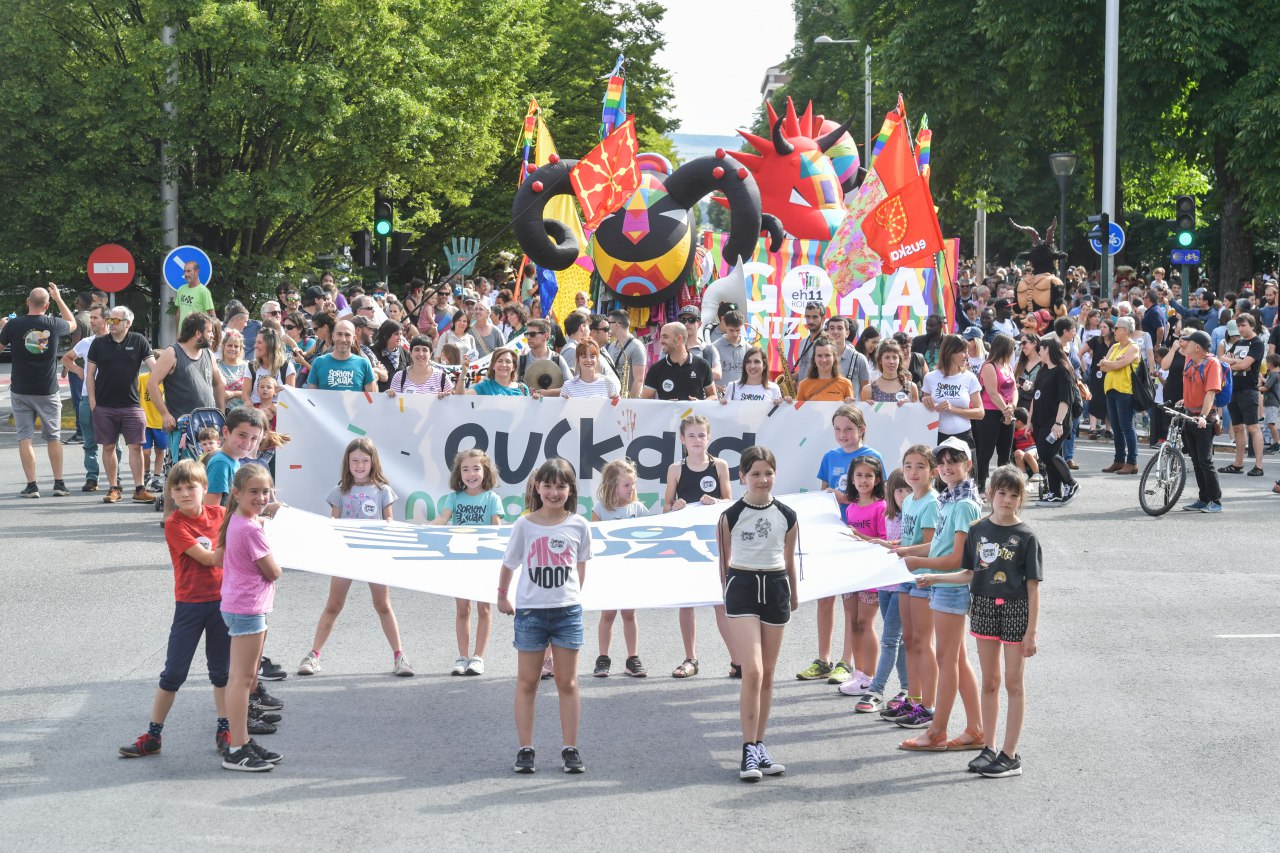DYA volunteers join the fire brigade of Navarra in disinfection work
- In 1977 was born the DYA of Navarra, a non-governmental organization dedicated to the protection of health from road accidents. Over these 43 years, the members of the association have been adapting their assistance to different situations according to their needs. It is normal to find in jars, football matches or voluntary parties dressed in yellow among the crowd, as well as ambulances painted with that characteristic color.

On site there is a cleaning post for four ambulances. Depending on the degree of contamination possible, they are disinfected with ozone or with simple bleach. The DYA needs 20 liters of water for cleaning every day. When vehicles arrive near the tent, they empty and for half an hour spray the interior with ozone, while the beds are cleaned using the two methods.
The contaminated clothing is removed by the health staff and the volunteers classify it as a disinfection zone: reusable, with a 72-hour quarantine and single use. There's not a lot of suit, and besides helping us handle it very carefully and very carefully, if something gets broken, you have to fix it as you can, for example, with an insulating tape.
On this occasion there are no massive events, not too many road accidents, just as it has been disrupted by the importance of fires. In addition, they are also in danger. But the coronavirus crisis has not been rejected by the volunteers, who have re-adapted once again, even though the tools at their disposal are scarce: “It’s not as nice or safe as ensuring the safety of a concert, but we’re there to help and as long as we can’t stay at home,” said volunteers Maria Eito, Iñigo Oliuno, Damián Castro and Elisa Rekalde.

.jpg)




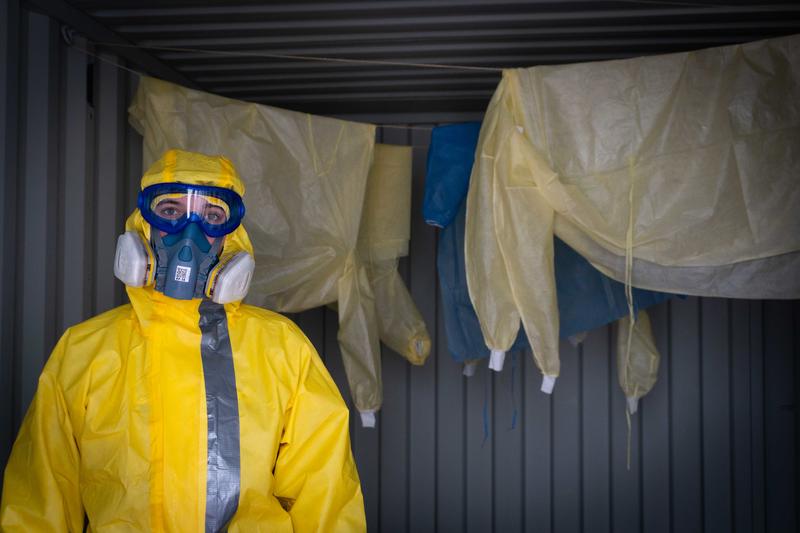
Andrea Velasko dietista eta nutrizionistak elikaduraren bidez menopausiak eragindako aldaketak kudeatzeko zenbait gako eman ditu.
BRN + Auzoko eta Sain mendi + Odei + Monsieur le crepe eta Muxker
Zer: Uzta jaia.
Noiz: maiatzaren 2an.
Non: Bilborock aretoan.
---------------------------------------------------------
Ereindako haziek ura, argia eta denbora behar dute ernaltzeko. Naturak berezko ditu... [+]
Antonio Turiel fisikari eta CSICeko ikerlariak aspaldiko urteetan ez bezala bete zuen Hernaniko Florida auzoko San Jose Langilearen eliza asteazkenean. Zientoka lagun elkartu ziren Urumeako Mendiak Bizirik taldeak antolatuta Trantsizio energetikoaren mugak izeneko bere hitzaldia... [+]



